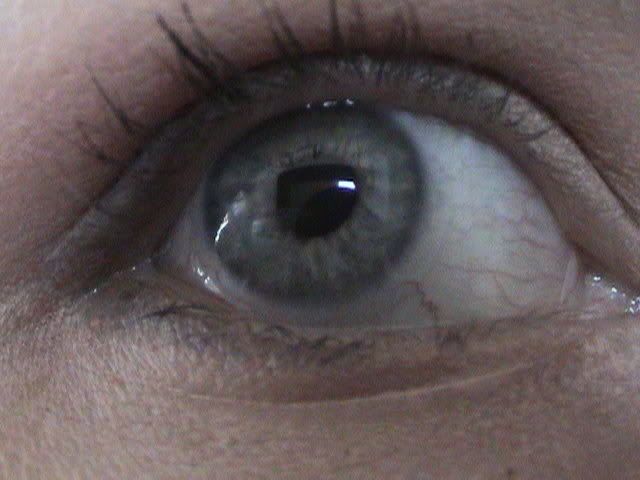Tools In My OCD Tool Box
- Anti-anxiety medication is my first and foremost method of managing my OCD. It gives my other tools the ability to do their jobs.
- Distraction often helps me overcome the urge to give into compulsions or to be overwhelmed by obsessions. Thinking about someone's needs instead of my own often helps me to leave my introspective state of obsessive consciousness. Other distractions include: thinking about a favorite book, song, TV show, or movie.
- Stopping to take a brisk walk is another great tool. Sometimes expending some adrenaline can help me focus more on what I really need to do rather than obsessing or stressing. If I happen upon someone to talk to about something completely unrelated to my stress or obsession it will allow me to step out of the panic and reorganize my brain. (I guess there's a little distraction in here, too.)
- When I find that my OCD is hindering my efficiency at work (because I've been focusing on one tidbit of a project for way too long), I write a to do list which is organized with my most critical tasks first. If I can start working on some other items in a logical order, then I can start to relax a little. Often stepping back to look at the big picture can help me to stop obsessing about just one aspect and will cut down on subsequent checking of my work.
- If the to do list (in item 4) starts to stress me out, I will try to distract myself and complete one little task. I'll start with the task I want to do the most.
- If my OCD is getting the better of me, I make an emergency appointment to see my psychologist or psychiatrist or I talk with a trusted friend. Just talking about my stressers and getting some sort of 3rd party feedback can help to calm me down. (The hideous aspect of this tool is that I am often tempted to abuse it. Sometimes I find myself going to people again and again for reassurance. The incessant need for reassurance is also a symptom of OCD.)
- When my OCD really gets me down, I will retreat into The OCD Workbook by Hyman and Pedrick. Reading excerpts from this book can help remind me when my actions have skipped past due diligence into obsessive compulsive behavior. Once I realize that what I am doing is textbook OCD, I can then readdress methods to combat my "bad" behavior.
I may be overlooking some of the tools in my box at this time. I will update this list with old, new, and improved tools as they become apparent.



4 comments:
Hi,
Your blog helped me a lot. Thanks.
I would be simultaneously thrilled and uncomfrtable with my dad as a teacher.
Rosie,
I really hope that my blog CAN be a help to someone. Thank you for your comment.
Dr. Deb, it was a great and an embarrassing experience all rolled into one!
What a great idea... and now you have them all listed here you have this to come back to too.
Post a Comment